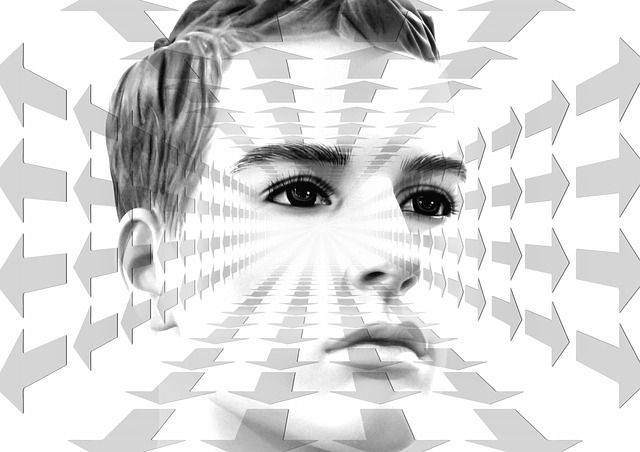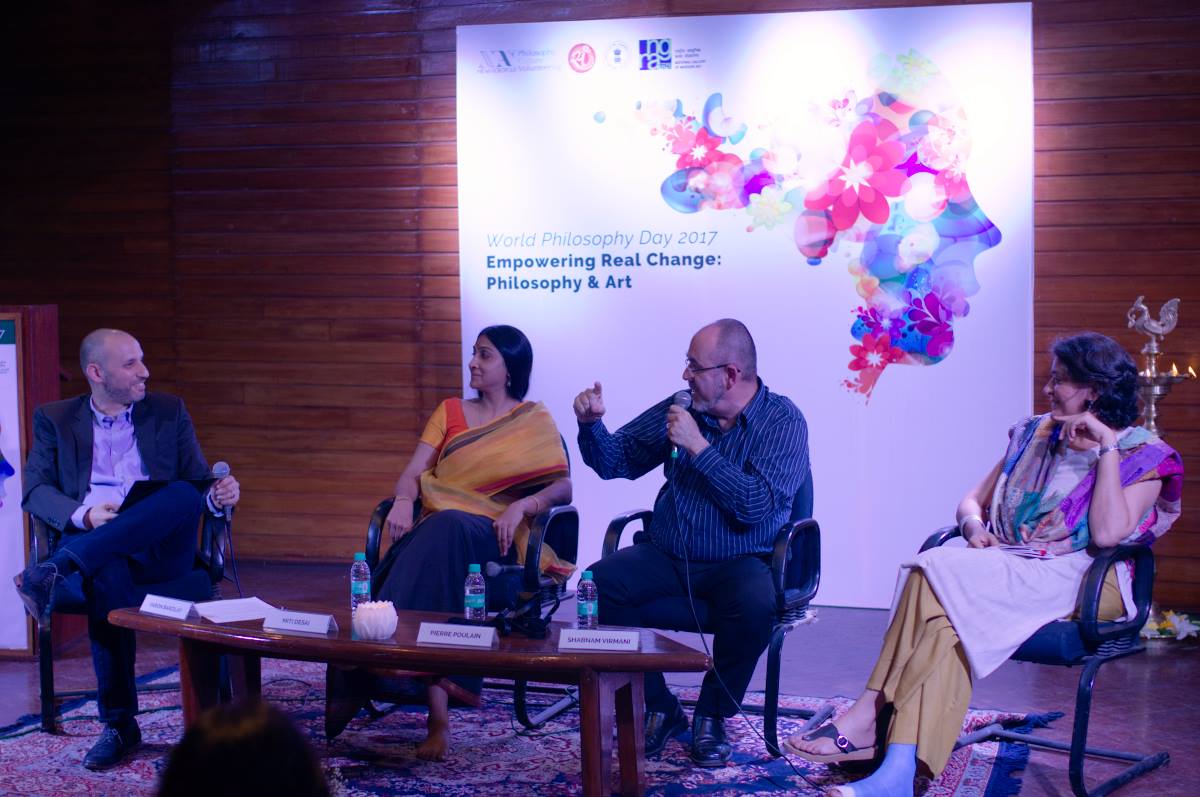The Challenge of Change
Article By Gilad Sommer
 You Cannot Step Into the Same River Twice” – Heraclitus
You Cannot Step Into the Same River Twice” – Heraclitus
One of our main challenges as human beings is to grasp the continuous and constant change everything goes through.
Everything evolves. Some things change more slowly, others more quickly, but nothing remains the same, even for one second. People change, society changes, the world changes.
Our political reality, for example, constantly changes. There are countries on the world map today, that in reality no longer exist.
Usually, there is a lag in realizing things have changed.
It is hard for us to accept that what I know now about people, about society, about the world, will be false in a relatively short while.
To accept this requires a constant effort to renew ourselves, our ideas, and the way we do things.
It is much easier to rely on temporal knowledge, that is, knowledge about the circumstances of a certain moment in time.
We take a “snapshot” of reality at a point in time and from a certain perspective, and we keep that “snapshot” as a reference and as a secure base to stand on, and even though very quickly it is no longer relevant, we keep living our lives based on that “snapshot”.
We fortify an idea of the world and make it permanent in our minds, even if it’s no longer true.
In some fields of human experience, this is very clear. In the digital world, we are required to continuously update our operating system, so that it can function well with all the new software. Windows 95 used to be one of the most advanced operating systems out there. Yet, few are those who still use it today.
When we speak about the way we see the world, however, we find it very hard to update our operating system. We tend to go to one of two extremes, either to get stuck in an old operating system that does not keep up with the world, with new discoveries and new understandings, or to throw away the old system, and repeatedly invent a completely new operating system, which doesn’t take in account all the experience that was accumulated by using the old one.
That is why we continuously see a battle between generations. One generation who works with an old operating system which refuses to update, and another generation who invents a new one from scratch, which one day will be itself obsolete and derided by the next generation.
The solution is to never stop updating our “operating system”, while continuously learning from the efforts and experience of those who developed and programmed it to the point where it is now.
This is something we can do if we recognize that there are universal, timeless principles, which do not change, because they are not things, they are not of this world.
The principles of mathematics do not change, for example, at least not in the scale of human time.
These are the archetypes the ancients spoke of, the principles of the Good, the Just, Beauty and Truth.
If we rely on these principles as our stable and common ground, we can build continuity, and not get stuck nor believe that our world view is the ultimate and the best one.
Image Credits: By R/DV/RS | Flickr | CC BY 2.0
The entity posting this article assumes the responsibility that images used in this article have the requisite permissionsPermissions required for the publishing of this article have been obtained




What do you think?